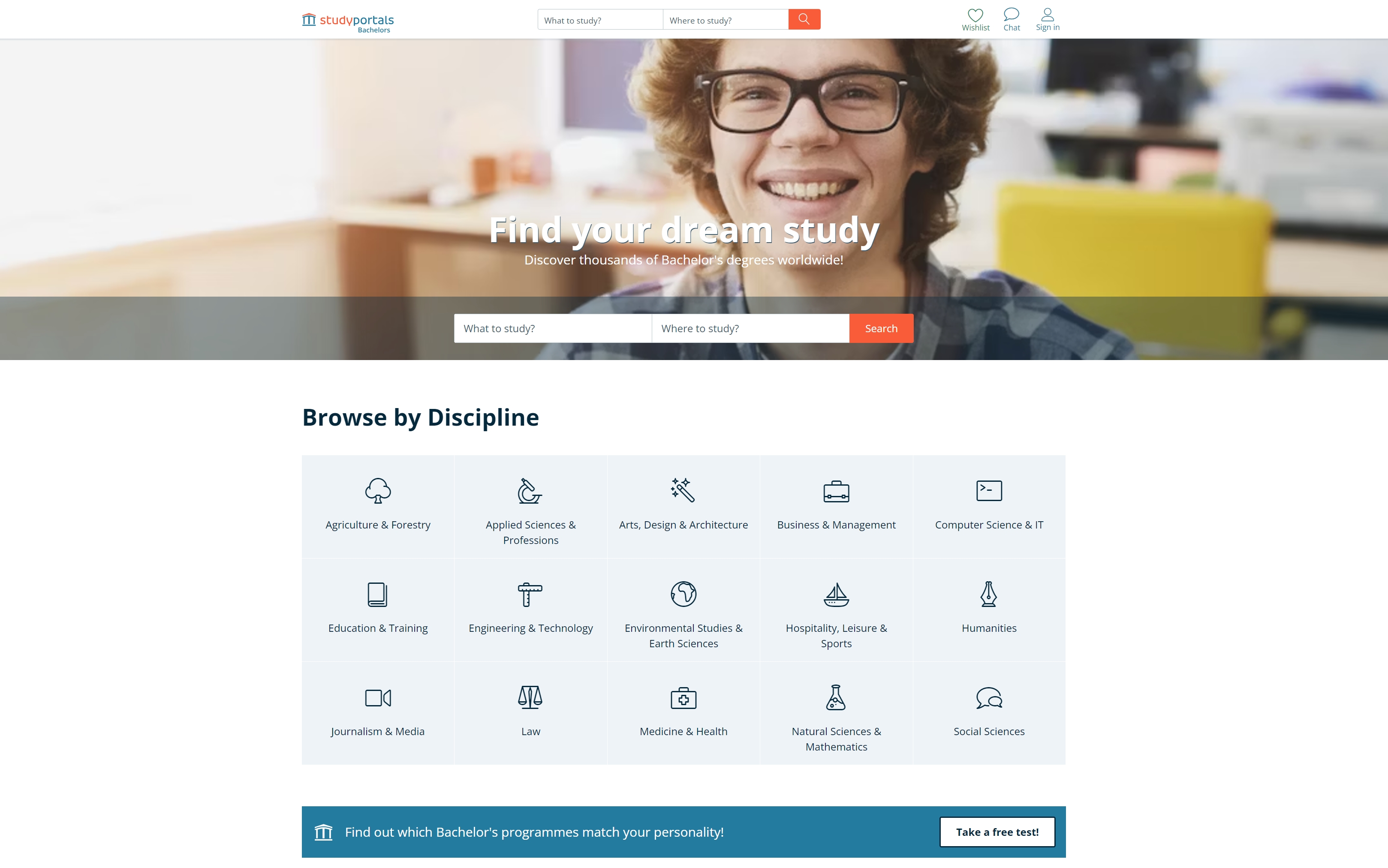
Center on the Developing Child at Harvard University
The Center on the Developing Child at Harvard University leverages scientific insights to improve outcomes for young children facing adversity. They focus on early childhood development and highlight key concepts like brain architecture and toxic stress.

Gedetailleerde introductie
The mission of the Center on the Developing Child is to use science to achieve better, more equitable outcomes for young children facing adversity. They emphasize six key scientific concepts that shape early development and lifelong health: brain architecture, serve and return, toxic stress, lifelong health and well-being, timing and critical periods, and developmental environments. The center also offers a Resource Library with science-based materials on various early childhood development topics and invites visitors to subscribe for updates on their latest news and resources.
MeerOnderwijs

Goethe-Universität Institute of Psychology
Founded in 1905, the Institute of Psychology at Goethe University Frankfurt has a rich history in experimental psychology. Today, it unites former institutes of psychology, educational psychology, and psychoanalysis, housing 19 professorships and standing as one of Germany's largest psychology institutes.

Rice Social Sciences
The Department of Psychological Sciences at Rice University uniquely blends the science of the human brain (e.g., researching the brain, memory, and language) with the science of human behavior and performance (e.g., researching effectiveness and satisfaction in educational and workplace settings). Our breadth of research interests creates a unique learning and research environment. The primary emphasis in the department is on research, in both the laboratory and applied settings.

Bachelorsportal.com - Find 115000+ Bachelor degrees worldwide: search all BA, BSc, LLB and more undergraduate programmes
Find and compare Bachelor degrees from top universities worldwide: search all BA, BSc, LLB and more undergraduate programmes to study abroad or at home.